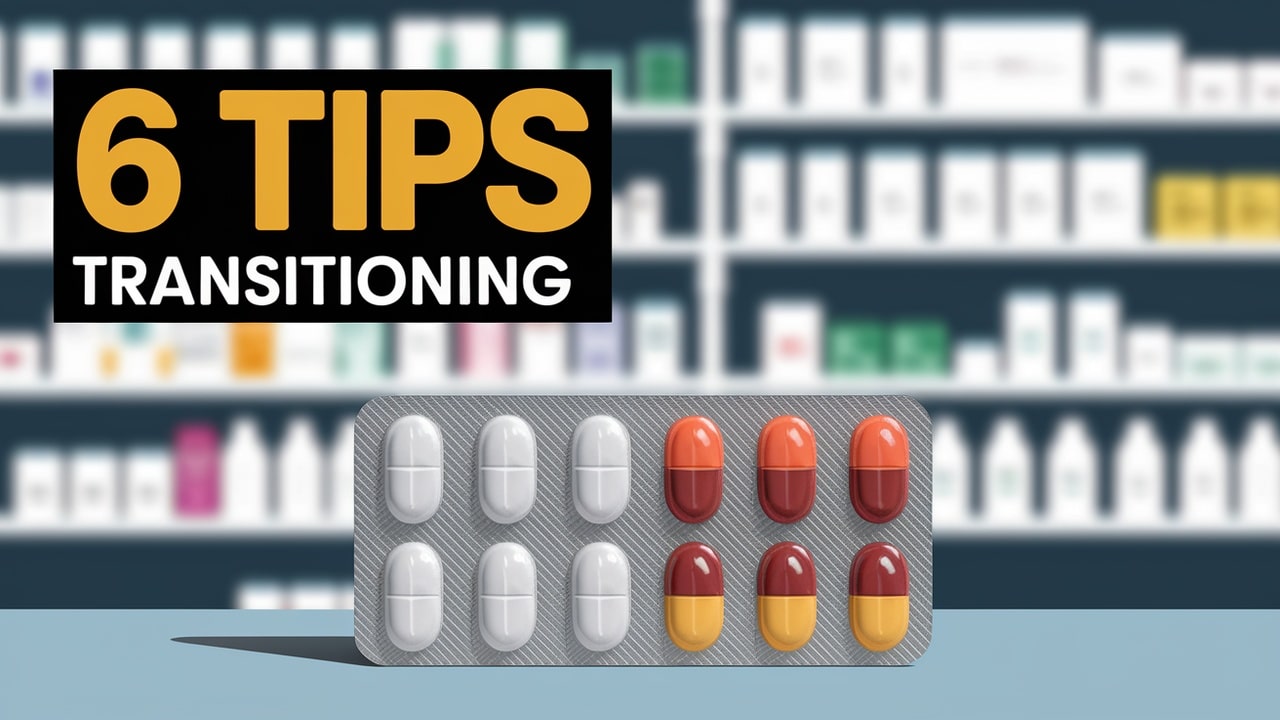
How To Confront a Loved One About Drug Addiction?
Table of Contents
How do you confront a loved one about addiction?
When a loved one is suffering from any type of addiction, it can be a difficult time for them and everyone around them. It can lead to depression, financial worries, relationship breakdowns, and more.
At some stage, that loved one will need an intervention. But that’s easier said than done. Confronting a loved one about drug-related, drink-related, or other addiction isn’t easy. Especially if they can’t see the addiction staring them in the face. It takes a lot of courage.
But that courage could well be the difference between life and death, getting them on the road to recovery, whether that be from a detox, such as a cannabis detox, cocaine detox, or any other substance, or through a rehab process that will put the person’s addiction at the heart of a program, with help every step of the way.
It’s a path that we all want to see our loved ones suffering from addiction begin. And if you think it’s time you confronted them to say they need help, then here’s a little help to ensure you do it sensitively and successfully…
1. Plan the Intervention Out
Firstly, you need to make sure that this is thoroughly planned out. It’s not a conversation you want to have by completely winging it. Getting a group of loved ones together is good, making it a team effort. There is help out there too. Professional counselors will be able to guide you, while charities can also offer help and advice too. They are intense conversations to have and can lead to anger and arguments, so it’s essential to ensure that you are all in it together.
2. Do your Research
While you may be addressing a problem, you should also look to find the solution to help push your loved one in the right direction. Do some research into their addiction, the traits and side effects you can see are affecting the person, and find treatment programs around them. Contacting the programs for more information may also be useful to get even further background research which you can eventually relay back to your loved one.
BUY THE BOOK ON AMAZON
3. Set a Date and Bring the Team Together
Once you’ve pulled together your research and every one is entirely in the loop on what will happen and the end goal for your loved one, it’s time to set a date and location. Everyone should look to be present to hammer home the message that support is there for them. Rehearsals can often be useful between team members, allowing you to decide who will take which portions of the intervention and ensuring the message stays consistent throughout the meeting.
4. Are There Going to Be Consequences?
Ultimately, you will want your loved ones to take what you have to say on board and get the treatment they need. However, it doesn’t always play out that way so if they choose to ignore you or don’t accept going for treatment, are there any compromises? And secondly, are there going to be consequences if they refuse treatment? For example, will they be required to move out or have certain privileges revoked?
5. Take the Meeting
Once you’re fully prepared, it’s time to hold the meeting. Each person within the team can express how they feel about the person, why they want them to seek help, and the effect their addiction has on them.
You shouldn’t let the loved one know what it is in advance. Just naturally make sure they are there.
In an ideal world, they will take on board what you have to say and be accepting of the plan. However, don’t be so forceful. It comes off as aggressive. Allow them to think about it and follow up with them.
Should they accept that as a team, you should continually follow up, check-in, and ensure they are doing well? Your loved one will need your support more than ever. But, you’ll already know if you’re planning on holding an intervention.











